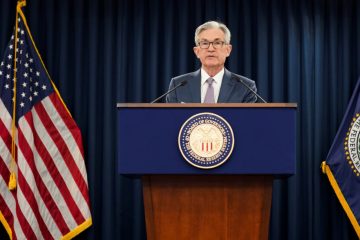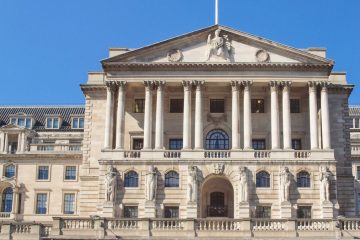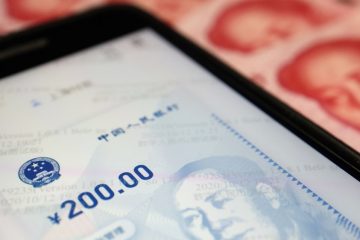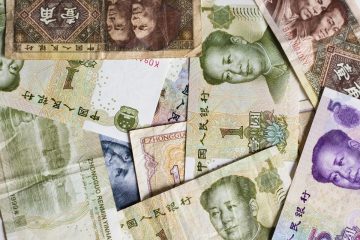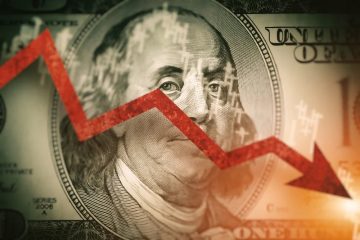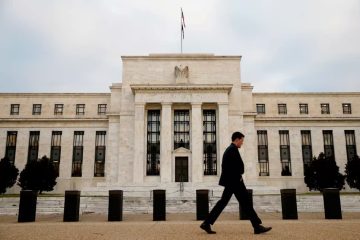Dollar falls, euro gains, as FX markets become less worried about Ukraine
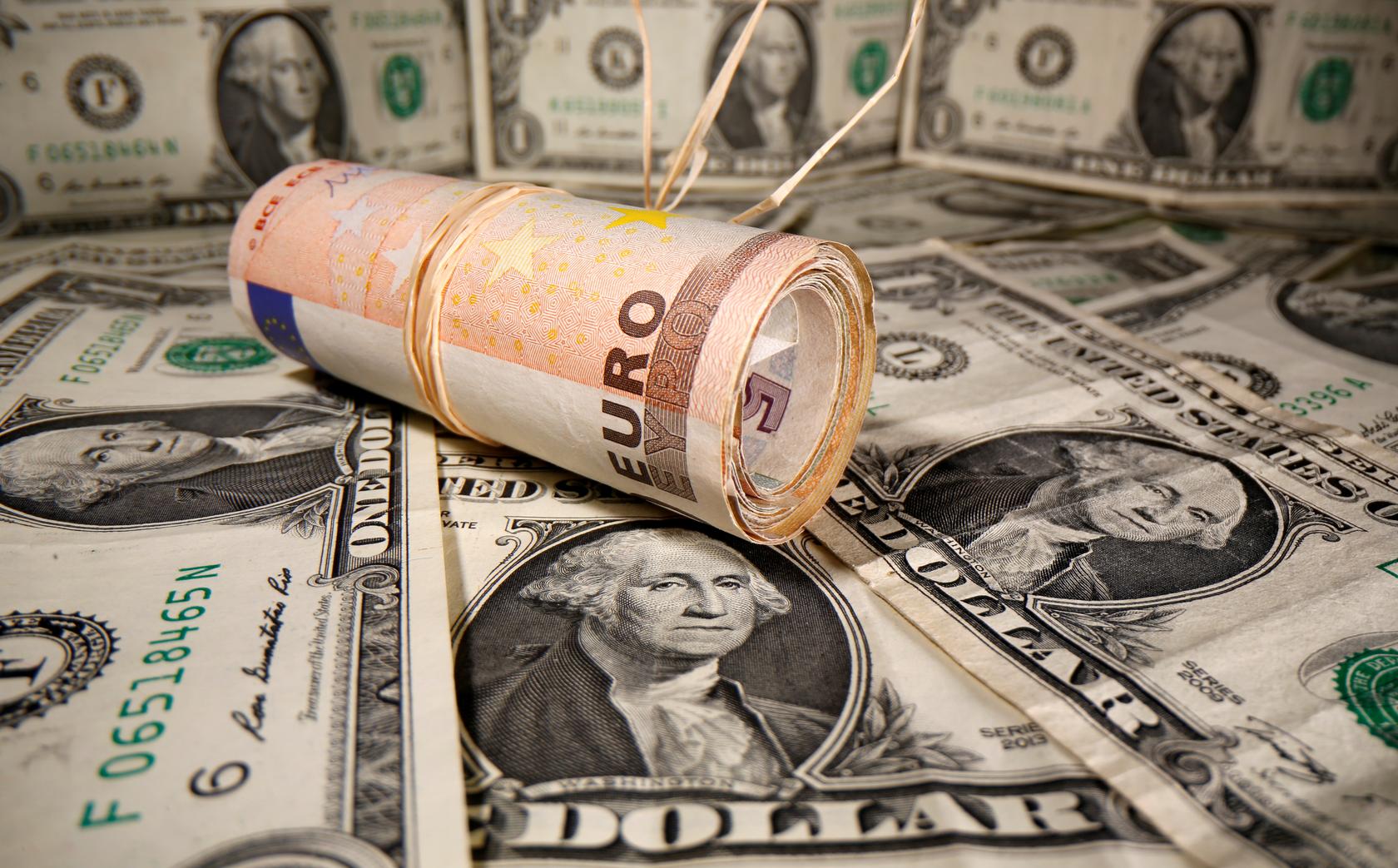
The dollar fell and the euro gained on Wednesday as markets took a positive view on peace talks in Ukraine, while the Japanese yen recovered from seven-year lows as traders speculated that officials were uncomfortable with its recent weakness.
Equity markets were up in the Asian session, continuing a pick-up in sentiment in Wall Streets as markets became hopeful that the Ukraine conflict could end – although this move ran out of steam as European shares opened in the red. read more
Russia promised on Tuesday to reduce its attack on Kyiv, but the United States said it had not seen “signs of real seriousness” from Russia in pursuing peace. read more
The dollar extended its losses on Wednesday, as investors changed their mind on their defensive bets.
At 0739 GMT, the dollar index was down 0.4% on the day at 98.019, having touched a 12-day low in early European trading.
The euro rallied against the dollar, with the pair up 0.4% at 1.11275 .
Heavily sold on fears of the economic fallout from the war in Ukraine and nerves about the risk of the conflict spreading west, the euro has been a beneficiary of hopes for peace.
The risk-sensitive Australian and New Zealand dollars also gained, with the Aussie up 0.1% on the day at $0.75125 .
“Markets appear to have taken an optimistic stance well before peace talks have yielded any result,” ING FX strategists wrote in a note to clients.
“The FX market may be increasingly detached from trading the Russia-Ukraine situation and start to catch up with the wide moves in rate and growth differentials, all of which point to a stronger dollar.”
Investors expect the U.S. Federal Reserve, which raised rates by 25 basis points at its March 16 meeting, to be more hawkish than the European Central Bank, driving the dollar higher against the euro.
Philadelphia Federal Reserve President Patrick Harker said on Tuesday he favoured a “methodical” series of quarter-percentage-point interest rate increases, but is open to larger half-percentage-point hikes if inflation does not soon show signs of easing. read more
The U.S. Treasury yield curve, widely watched as a barometer of the economy’s health, briefly “inverted” on Tuesday in a warning sign bond investors see a recession on the horizon. read more
In Europe, investors are watching for inflation data. Spain’s flash CPI data for March showed prices rising at their fastest since May 1985. read more
The yen staged a recovery from its recent seven-year lows, after a meeting between Bank of Japan (BOJ) Governor Haruhiko Kuroda and Prime Minister Fumio Kishida added to speculation about the level of official discomfort with a falling yen.
“While the comments from Japanese officials overnight are unlikely to reverse the yen weakening trend on their own, they should at least help to slow the recent fast pace of yen selling that has been evident over the last couple of weeks,” wrote MUFG analyst Lee Hardman in a note to clients.
The yawning gap between a hawkish Federal Reserve and a dovish Bank of Japan has driven the yen’s drop and on Wednesday the BOJ extended bond purchases along the curve as part of its effort to defend a 0.25% 10-year yield target. read more
At 0741 GMT, the dollar was down 1% on the day versus the yen, at 121.725, compared with the pair’s recent high of 125.105 hit on Monday .


